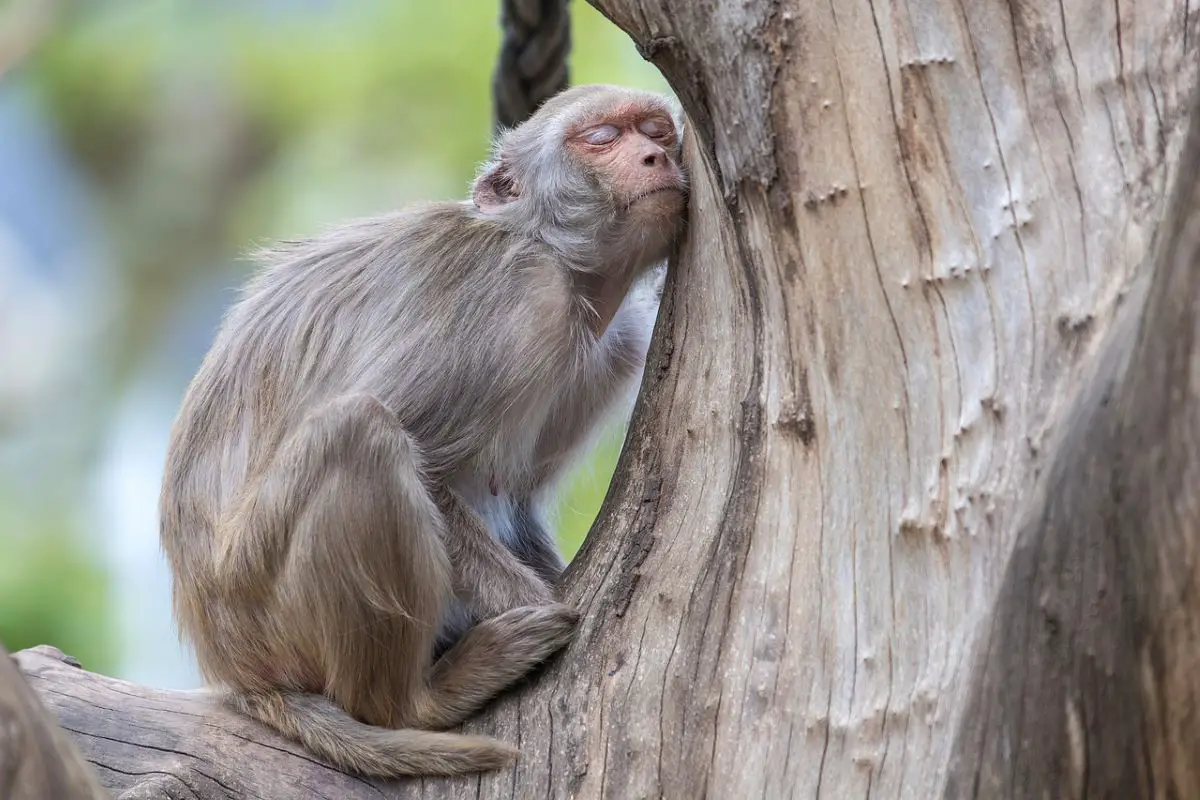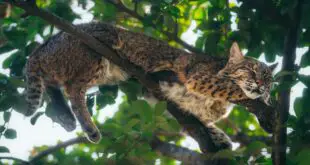The animal world buzzes with tons of sounds. The morning starts with the roar of a lion. And midnight is marked by the howl of a wolf. Animal sounds are one of the many things that cement their beauty. So, the question here is, what animal produces the loudest sound? It’s time we let this fascinating question get the best of us. So, without squandering further time, let’s find out.
Vertebrate And Invertebrate
It’s crucial to cobble together the layers that reach the ultimate answer. So, let’s commence the discussion by talking about vertebrates and invertebrates.
A Vertebrate is an animal that has a well-developed backbone and skeleton. All the fishes, birds, amphibians, reptiles, and mammals are vertebrates.
On the other hand, an invertebrate is an animal that doesn’t have a backbone. For example, insects, earthworms, spiders, snails, and jellyfish, to name a few.
Types Of Sounds Produced By Animals
Now that we have brushed up the basics, it’s time to understand the animals’ types of sounds. The below-mentioned types are based on the classification of animals as vertebrates and invertebrates.
- Mechanical Sounds – These sounds are produced by utilizing the body parts. It means when body parts come into contact with each other or when different environment elements happen to come into contact, and mechanical sounds are produced. Mechanical Sounds are often specialized for sound creation. Both vertebrates and invertebrates are capable of producing these sounds.
For example, fish produce mechanical sounds due to the moving bones and teeth.
- Vocal Sounds – These sounds are created by the respiratory system. Vocal sounds are produced only by vertebrate animals. The reason behind vocal sounds being restricted to vertebrates is simple. The presence of vocal cords, lungs, and mouth.
For example, the sound produced by frogs.
While non-vocal sounds are produced by invertebrates and members of all vertebrate groups, a plethora of animals can also produce both vocal and mechanical sounds.
Did you know that sound travels over 17 times faster through steel than through air? So it brings us to the inference that sound travels fastest through solids. Wow!
But which animal produces the loudest sound is a matter of focus. So, let’s give the fun facts a break and dive into the topic.
Which Animal Produces The Loudest Sound?
Since we are talking about sounds, we can’t keep science at bay. Sound is measured in decibel. So, we’ll be talking about sounds in terms of decibel. But, come on, the moment of discovery is finally here.
Sperm Whale
There aren’t many creatures on earth who can produce sounds louder than a sperm whale in decibels. The giant sperm whales can be 20 meters long. As far as their weight is concerned, they are almost 4 times heavier than a fire engine. These humongous creatures’ complex creaks and clicks have been recorded as high as 230 decibels.
In addition, the largest males can produce sounds of this range. These things make the sperm whale the loudest animal on the list.
What’s The Reason Behind The Production Of Such Loud Sounds?
The head of a sperm whale is immense. It makes as much as a third of its entire body length. Almost all of it is filled with spermaceti, a waxy and oily liquid.
The sounds that a sperm whale produces are created at the front of its nose. This sound travels back through the spermaceti until they hit a satellite-like portion of the skull. It intensifies and focuses these sounds as they trace their way back through the spermaceti. This is the final sound that is produced by the front of the sperm whale.
This beam of sound bounces off objects in the water. The sperm whale listens to the echoes of the sound and creates a three-dimensional picture of its surroundings.
The sperm whale uses this sensory power to hunt in the darkness of the ocean. It allows it to hunt over 1000 meters underwater. The echoes that the sperm whale receives are highly directional.
Blue Whale
Blue whales are not far behind. The sound produced by the blue whales is louder than a jet engine or grenade explosion. Reaching 188 decibels, their sounds include loud whistling and low-frequency pulses. You can hear these at a distance of more than 800 km (500 miles) away.
When approaching their prey, their speed can reach up to 6.7 miles per hour. Their size can reach up to a length of 26 meters. Isn’t that insane?!
After taking a tour of the ocean to learn about the loudest animal, let’s move ahead to know the loudest animal on land.
Howler Monkey
Found in the forests of Mexico and northern Argentina, this animal can produce sounds that can reach as high as 140 decibels. You can hear the calls of a howler monkey 5 km (3 miles) away. Weighing about 15 pounds, they can sleep for 15 hours a day.
We must know about the reason behind their ear-splitting sounds.
What’s The Reason Behind The Production Of Such Loud Orations?
The howler monkeys have a hyoid bone in their throats that amplify. In addition to this, their semi-saggy throat patches further amplify the sounds.
The most intriguing part is that only the male howler monkeys can howl.
Conclusion
In this article, we’ve revealed the animal’s name that produces the loudest sound. Both the depths of the ocean and the density of the forest are blessed with their animal, which produces the loudest sounds. Before making the jump to which animal produces the most prominent sound, we briefly discussed vertebrates and invertebrates.
This was followed by the types of sounds that animals produce. The two types of sounds, mechanical and vocal, are also briefly discussed. We’ve finally talked about the real question. The sperm whale and the howler monkey etched their name at the top of the list. The sounds produced by the blue whale have also found a room in this article.
You May Like These Articles As Well:
 Being Human
Being Human





